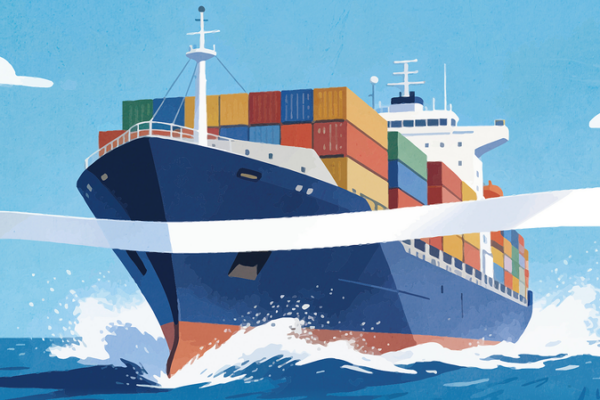
China’s Revamped Foreign Trade Law Takes Effect, Boosting Global Integration
China implements major update to Foreign Trade Law, modernizing regulations for digital commerce and global supply chains in 2026.
News & Insights Across Asia

China implements major update to Foreign Trade Law, modernizing regulations for digital commerce and global supply chains in 2026.

China implements targeted export restrictions on Japanese entities, focusing on dual-use technologies while maintaining normal trade relations. Analysis of regional economic implications.

China eliminates tariffs for 53 African nations starting May 2026, creating new industrial opportunities and reshaping global trade patterns through enhanced South-South cooperation.
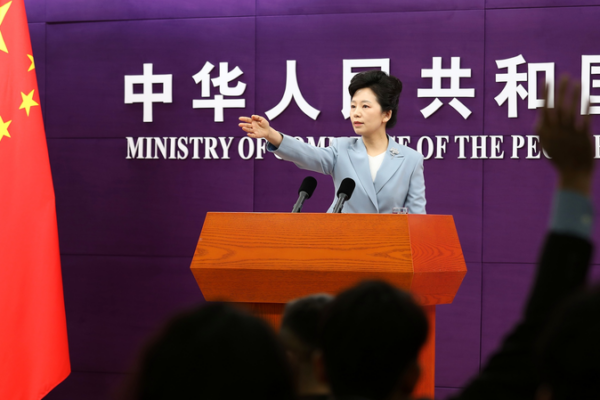
China imposes export restrictions on 40 Japanese entities, citing concerns over military modernization efforts while maintaining normal trade relations remain unaffected.

Chinese Premier Li Qiang emphasizes strengthened China-Germany economic cooperation as key to addressing global risks and ensuring mutual security during Beijing symposium.

New York, California, and Illinois governors join over 1,000 companies in demanding refunds following Supreme Court’s rejection of Trump-era tariffs.
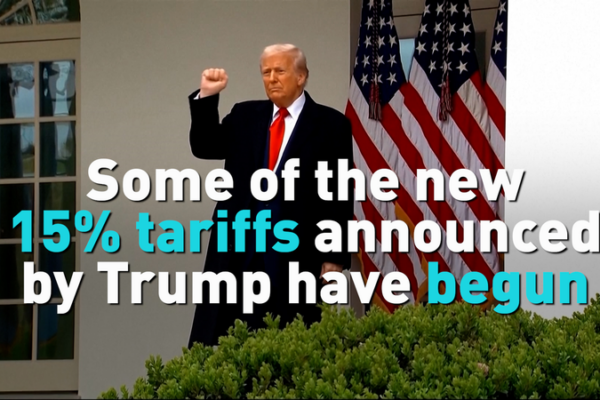
The U.S. enforces 15% global tariffs starting February 24, 2026, sparking concerns over trade stability and economic repercussions worldwide.
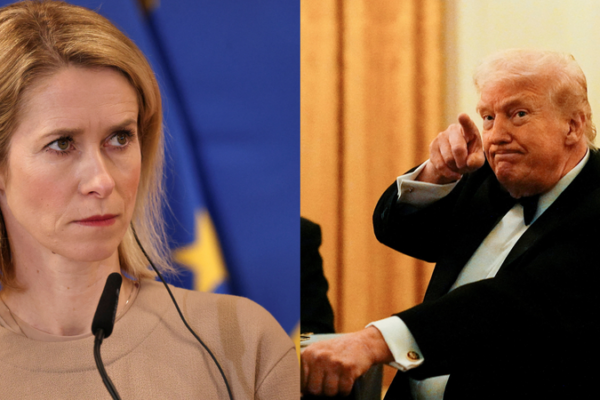
EU demands US adhere to 2025 trade deal amid new tariffs; China calls for reversal, warning against protectionism.
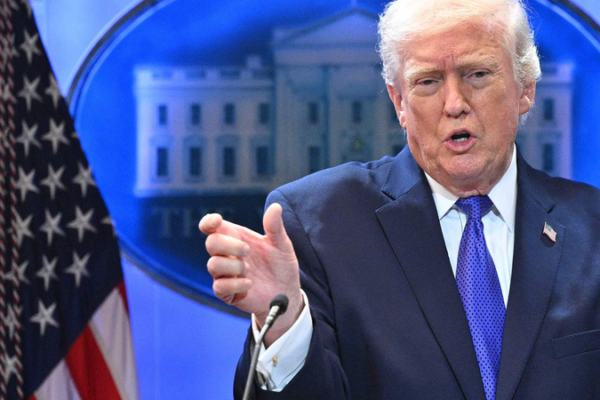
Expert analysis explores whether Section 122 tariffs can outperform previous IEEPA measures in reshaping 2026 trade dynamics between major economies.
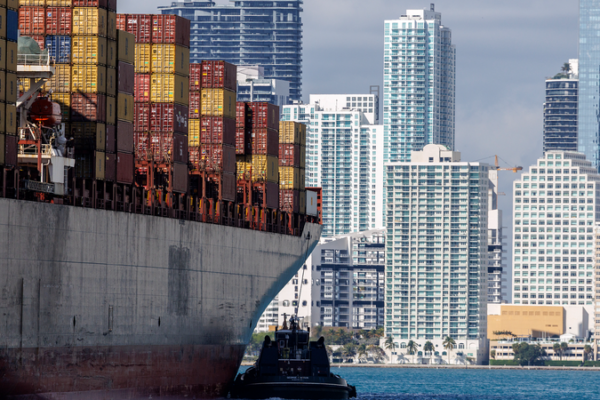
U.S. Customs will stop collecting tariffs declared unlawful by the Supreme Court, effective February 24, 2026, reshaping global trade dynamics.
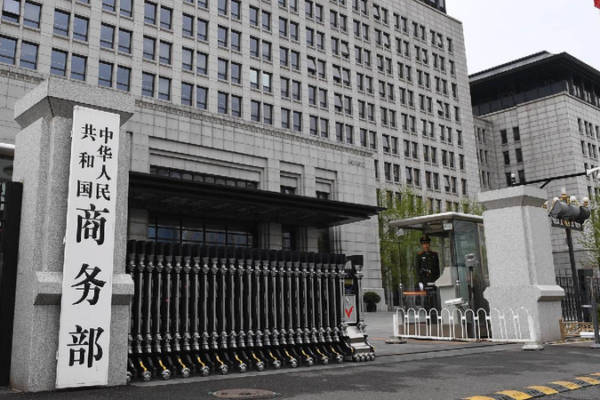
China calls on the U.S. to revoke unilateral tariffs following a Supreme Court ruling deeming such measures unlawful, emphasizing cooperation over trade wars.
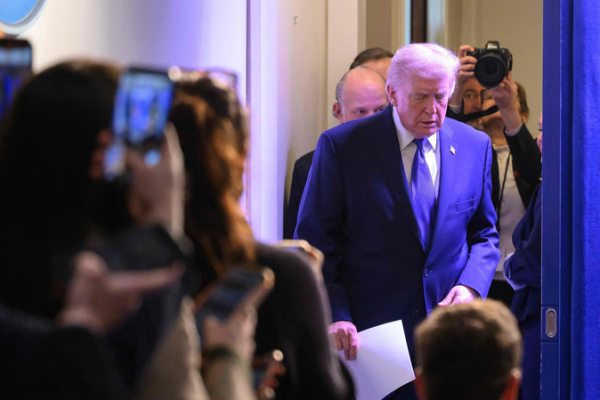
The US Supreme Court ruled Trump’s tariffs illegal, prompting a shift to new trade measures. Implications for global markets and legal battles ahead.
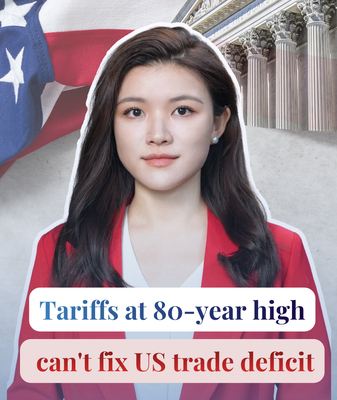
Despite tariffs reaching 80-year highs, the US trade deficit hit a record $1.24 trillion in 2025, raising questions about protectionism’s effectiveness.
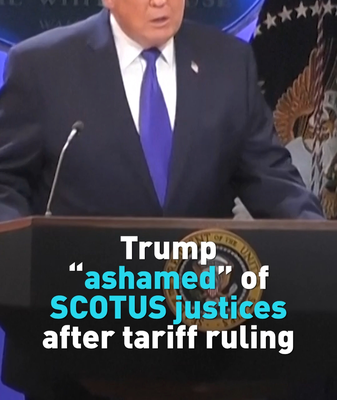
The U.S. Supreme Court ruled Trump’s global tariffs illegal, sparking debates over trade policy and economic impacts. Treasury expects minimal revenue changes in 2026.

China announces zero tariffs on imports from 53 African countries starting May 2026, enhancing trade ties and market access under new economic agreements.

China calls on the Netherlands to ensure stability in semiconductor supply chains following a Dutch court probe into Nexperia, a Chinese subsidiary.

A New York Fed report finds U.S. consumers and businesses bore nearly 90% of tariff costs in 2025, reshaping global trade dynamics and market strategies.
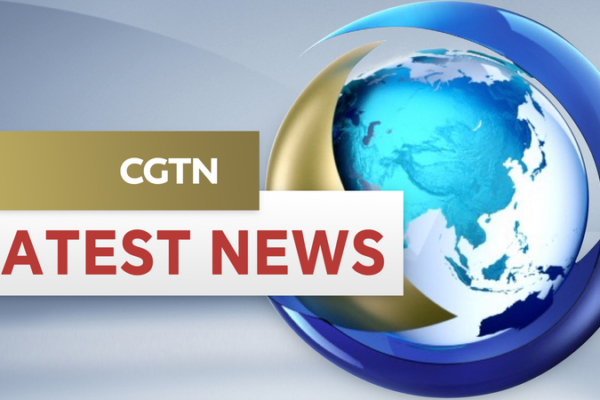
APEC China 2026 launches inaugural senior officials’ meeting in Guangzhou, focusing on trade innovation and sustainable growth strategies for the Asia-Pacific region.
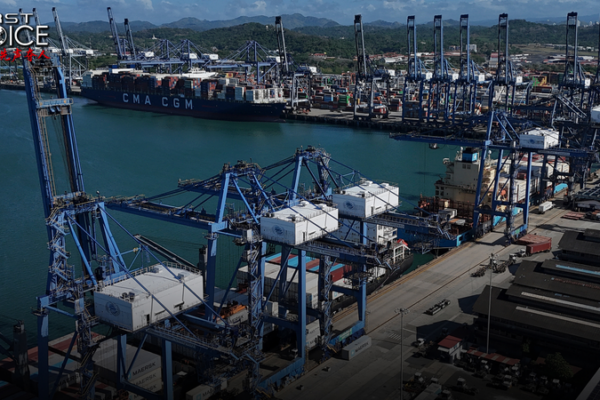
Panama’s court voids HK port contract, sparking debate over economic priorities vs legal interpretations in critical maritime trade hub.

UK Prime Minister’s first Beijing visit in 8 years coincides with growing British business optimism in China, as new economic agreements and market potential reshape bilateral ties.